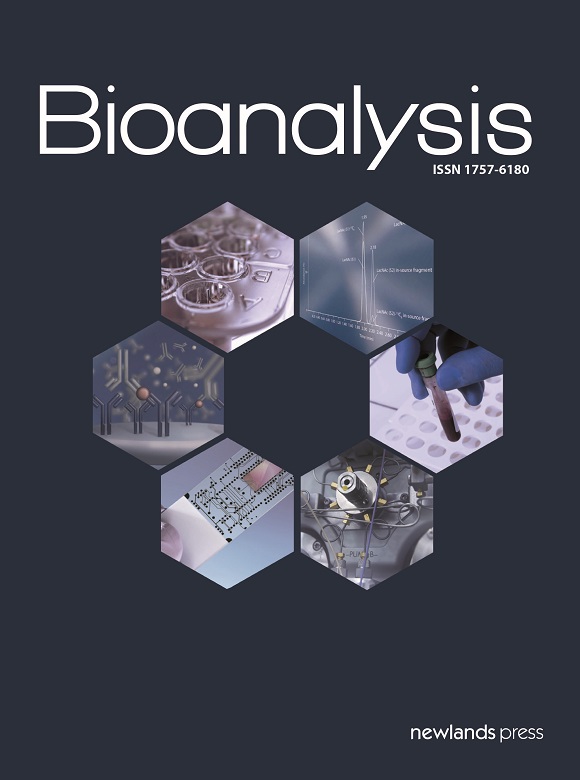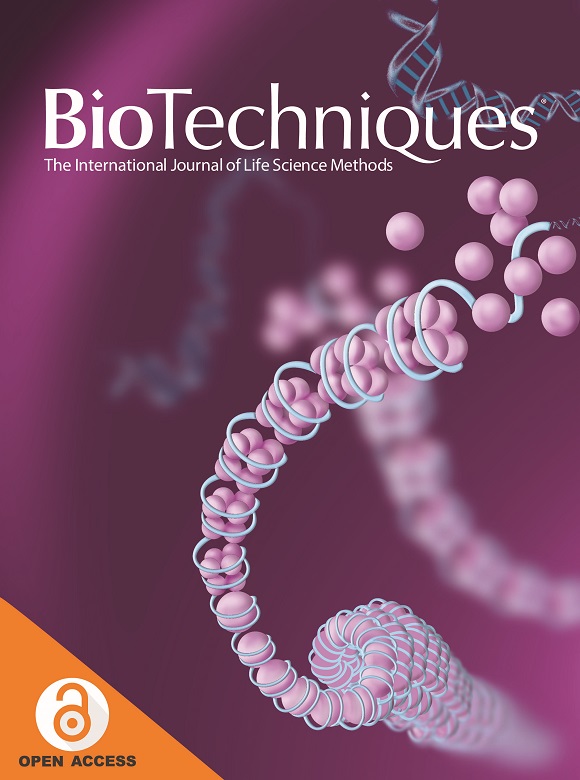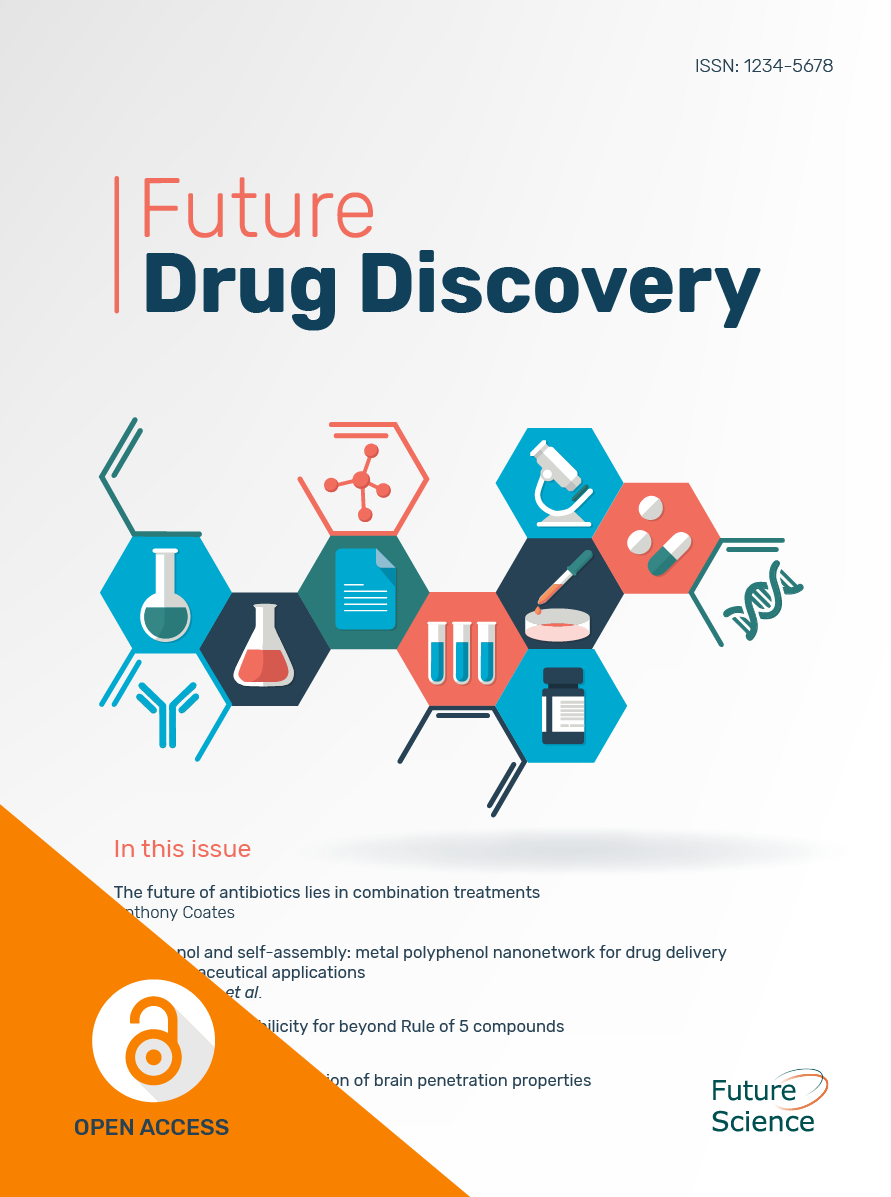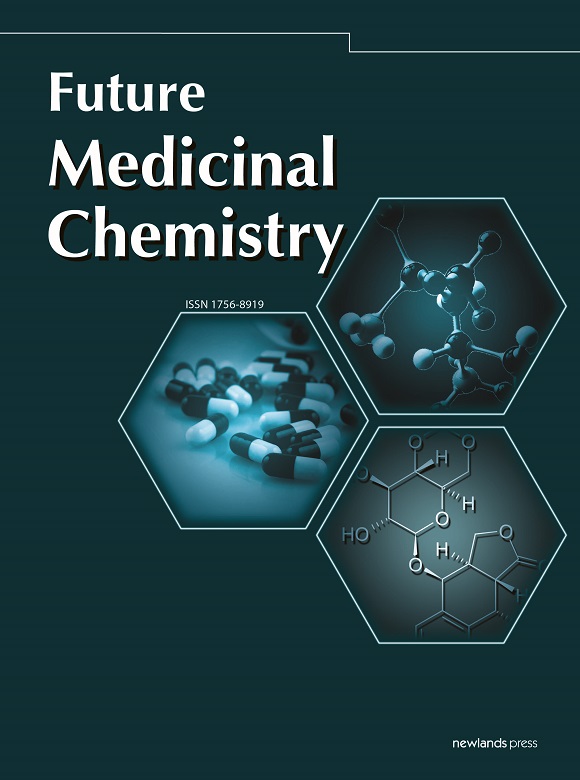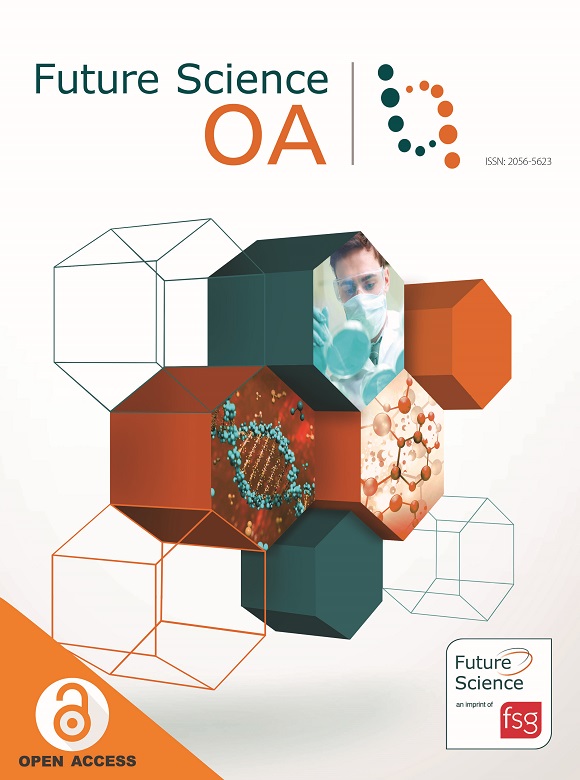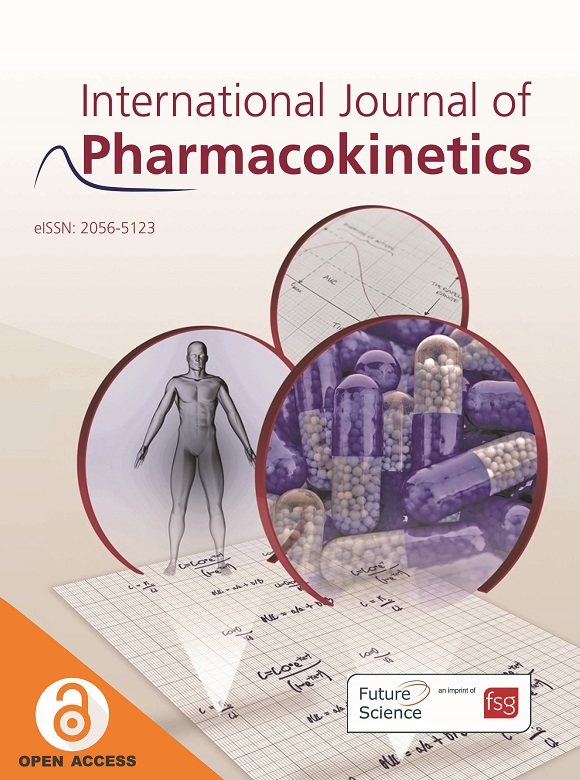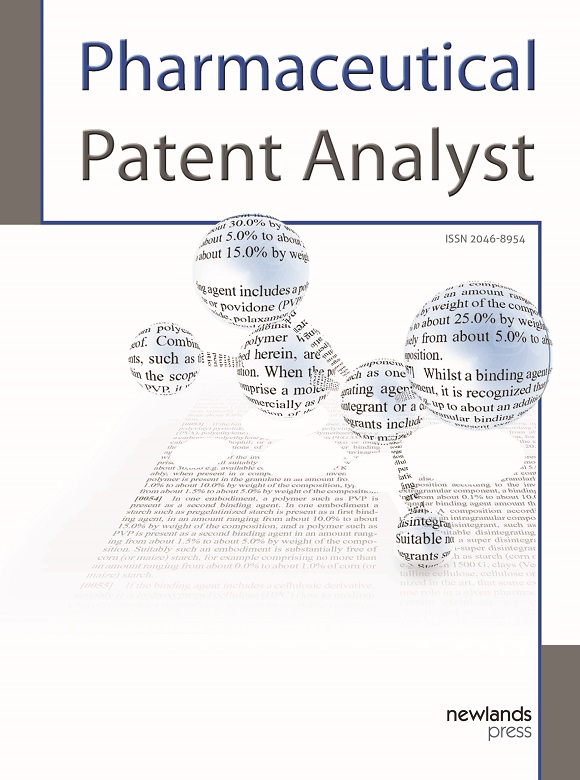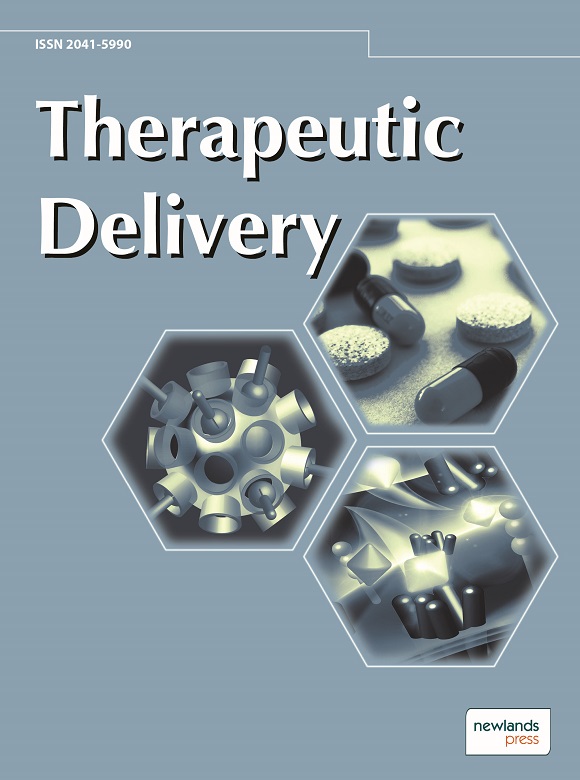Overcoming analytical challenges to generate data critical to understanding lipid nanoparticle-delivered modified mRNA biodistribution
Abstract
Aim: Chemically modified mRNA offers a novel approach to treat disease. Due to susceptibility to extracellular nucleases in vivo, dosed modified mRNA therapeutics can benefit from encapsulation within novel delivery systems, such as lipid nanoparticles (LNPs). To understand the holistic effect of dosing LNP-encapsulated modified mRNA therapeutics can require bioanalysis of several components including the mRNA, protein and LNP. Methodology: These components can require bespoke preanalytical strategies to preserve analyte integrity to achieve successful analysis. Here we describe the sample collection, processing steps and bioanalytical technologies that can be used to overcome these challenges. Discussion: Understanding the biodistribution and holistic effects of the different components allow the pharmaceutical industry to evaluate safety and efficacy of modified mRNA therapeutics.
References
- 1. . mRNA-based therapeutics – developing a new class of drugs. Nat. Rev. Drug Discov. 13(10), 759–780 (2014).
- 2. . Delivering the messenger: advances in technologies for therapeutic mRNA delivery. Mol. Ther. 27(4), 710–728 (2019).
- 3. Safety evaluation of lipid nanoparticle-formulated modified mRNA in the Sprague–Dawley rat and cynomolgus monkey. Vet. Pathol. 55(2), 341–354 (2018).
- 4. Lipid nanoparticle-delivered chemically modified mRNA restores chloride secretion in cystic fibrosis. Mol. Ther. 26(8), 2034–2046 (2018).
- 5. Impact of a five-dimensional framework on R&D productivity at AstraZeneca. Nat. Rev. Drug. Discov. 17(3), 167–181 (2018).
- 6. Comparison of blood RNA extraction methods used for gene expression profiling in amyotrophic lateral sclerosis. PLoS ONE 9(1), e87508 (2014).
- 7. . Effect of biological matrix and sample preparation on qPCR quantitation of siRNA drugs in animal tissues. J. Pharmacol. Toxicol. Methods 63(2), 16873 (2011).
- 8. Modified mRNA directs the fate of heart progenitor cells and induces vascular regeneration after myocardial infarction. Nat. Biotechnol. 31(10), 898907 (2013).
- 9. Intradermal delivery of modified mRNA encoding VEGF-A in patients with Type 2 diabetes. Nat. Commun. 10(1), 871 (2019).
- 10. . Cationic lipid bioanalysis: understanding distribution of lipid nanoparticles for delivery of RNA therapeutics. Bioanalysis 10(5), 275–277 (2018).
- 11. . Rapid production of human VEGF-A following intradermal injection of modified VEGF-A mRNA demonstrated by cutaneous microdialysis in the rabbit and pig in vivo. BioMed Res. Int. 2019, 3915851 (2019).

